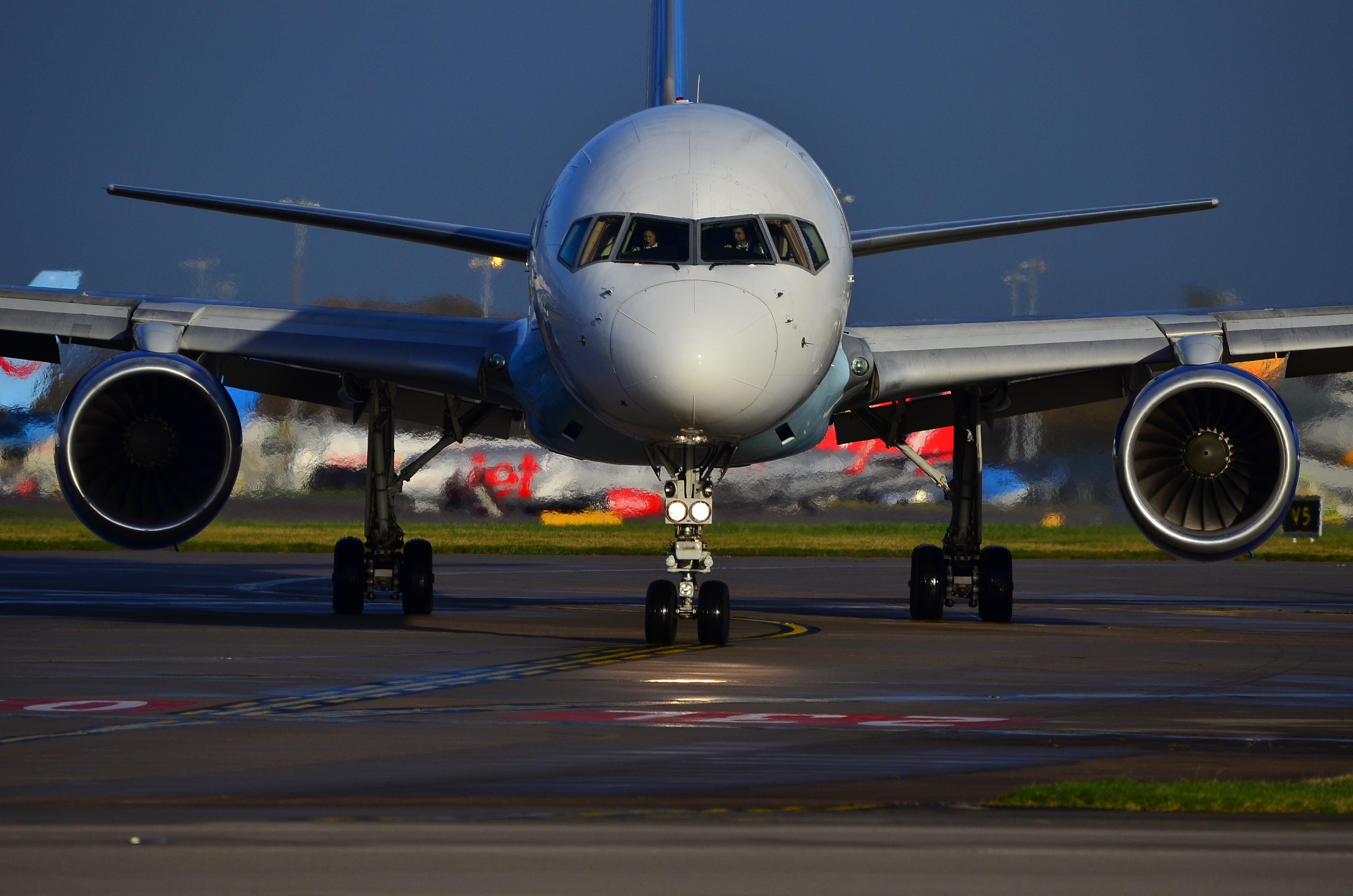
FRANKFURT—IATA expects the global airline industry to need $150-200 billion in various forms of government financial assistance to survive the current COVID-19 crisis, the association’s director general and CEO Alexandre de Juniac said Mar. 17.
Losses the industry is facing will “certainly” be around $40 billion for 2020, a level last seen in the global financial crisis of 2008/09.
The crisis will lead to consolidation in the industry, de Juniac predicted, as airlines are forced out of business or form larger groups to survive. Aircraft manufacturers will feel a major effect, too, IATA predicted. Many airlines “are delaying and canceling [aircraft] orders. It is happening,” de Juniac said.
The global airline association reiterated calls for governments to step in immediately as an average carrier has little more than two months’ worth of cash to cover its fixed costs, according to chief economist Brian Pearce. “There is a growing liquidity crisis in air transport,” Pearce told reporters. Countries affected by COVID-19 now represent 94% of the global air transport market, and new travel restrictions and border closures are added every day. “Demand has fallen to zero,” Pearce said.
In a worst-case scenario presented only ten days ago, IATA estimated that airlines will lose $113 billion in revenues this year, the association now says those figures are already outdated and the reality will be “clearly worse.” Also, passenger numbers will drop “significantly further” than the 16% predicted earlier. Updated guidance will be released the week of Mar. 23.
Pearce pointed out that the improvements in profitably that the industry has seen over the last ten years really only come down to a small group of around 30 carriers that are at or near investment grade rating, but “the majority [of airlines] is in a very fragile place.”
While the current low price of oil is now estimated to save the industry up to $30 billion on an annual basis, the revenue losses are far greater. Pearce also stressed that hedging—particularly popular in Europe—is delaying the positive effect.
Also, the industry is already seeing a major fall in ticket prices. But, unlike in the global financial crisis, IATA does not believe lower fares can help for now to bring people back to flying since travel restrictions inhibit them from doing so.
IATA’s fixed cost vs. cash estimate does not include debt maturities which come on top and make the time pressure for some airlines to find new sources of financing even more urgent.
“This is one of the most severe crises we have ever had,” de Juniac said. In addition to suspending slot regulation, IATA is now pushing for a softening of passenger right regulations in Europe, in particularly the EU261 rule for compensation in case of delays and cancellations. Globally, de Juniac is “pretty satisfied” so far with the reaction by governments who are “listening” to the airline industry’s calls for help.





